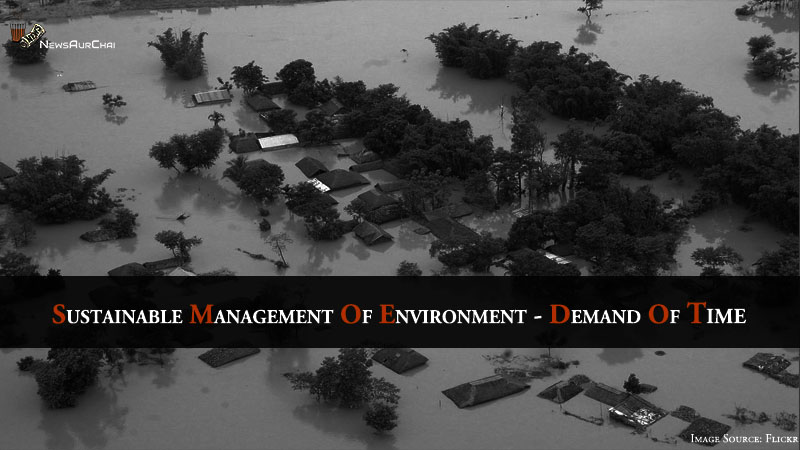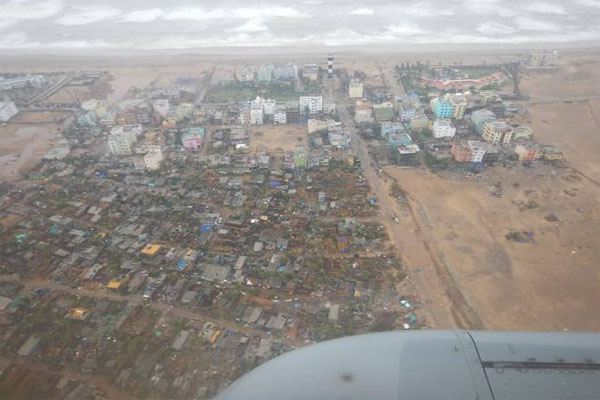
When we think of a disaster, the first thing that comes to our mind is destruction. Visualising people running for their lives, animals dying, panic-stricken locals and everyone losing their assets in just a split second, yet we are left incapable of reacting. It brings in a sense of terror in us. This demands for disaster management activities.
But is it so? Are we indeed this helpless that we let everything happen and grieve over it? No, we are not. Yes, I agree, facing a disaster and coming out of it is not a cakewalk and it is quite illogical to think that we can prevent every loss. However, we can at least be prepared for it and try to mitigate the consequences. This is what disaster management is all about.
Disaster Management can be defined as the organisation and management of resources and responsibilities for dealing with all humanitarian aspects of emergencies. In other words, preparedness, response and recovery are vital to lessen the impact of disasters.
With disasters occurring in almost all parts of the country recently, be it the Assam floods, Orissa cyclone, Kerala floods and more. It has become imperative to prepare the freeman of our country for such further occurrences. Moreover, since climatic change is happening at such a fast pace, it is very evident that we will have to face more such disasters in future.

Currently, even the traditional habitats are less prepared to deal with the monsoon. Like a worm on the wound, bureaucratic blockades that can’t seem to cope with simple tasks of cleaning drains before each season. It is not about resources, skills or local willingness, but about established systems that encourage delays and complicate functions that should be done routinely. We always seem surprised during monsoon season — as if we didn’t know it would rain. To cope up with the life-threatening natural calamities, some element of civic preparedness is necessary.
We can’t change the course of nature; seasonal changes are inevitable and essential. So the best we can do is try to mitigate such disaster.
If we scrutinise the event during a disaster, authorities are hesitant to trust the locals with regards to the disaster management resources. There is always a sense of losing power, and hence, they establish authority over the place.
What needs to be changed?
It is essential to have a structured approach towards dealing with a disaster. Ideally preparing the locals who have lived at the place for their entire lives, are the best people to be expected to provide the first response. They are the ones who know the geographical and climatic conditions of the place the best, and they know where they can find the necessities during such times.
So hence it is undeniable that before any outside help can reach them, they should be the ones instantiating relief activities. It is essential for them to be educated about such events and be vigilant and have quick reflexes. Even the government can play a very crucial role in this. They can organise some drives to spread awareness about disaster management amongst the locals and save many lives and even livelihoods from being destroyed. We all know that at the time of the accident, the first help is the most important, similarly during a disaster, and this can prove to be life-changing for many.
Thus, we need to educate people about disaster management techniques and usage of resources. Trust the locals and their knowledge about the environment they have been living. We can all join hands and pledge to do our part in the best way we can.





